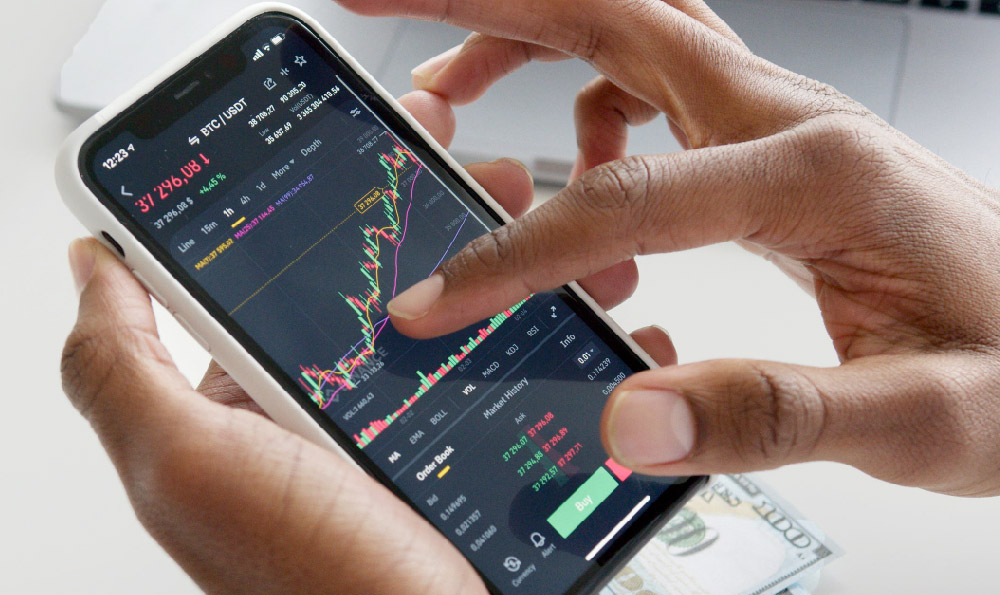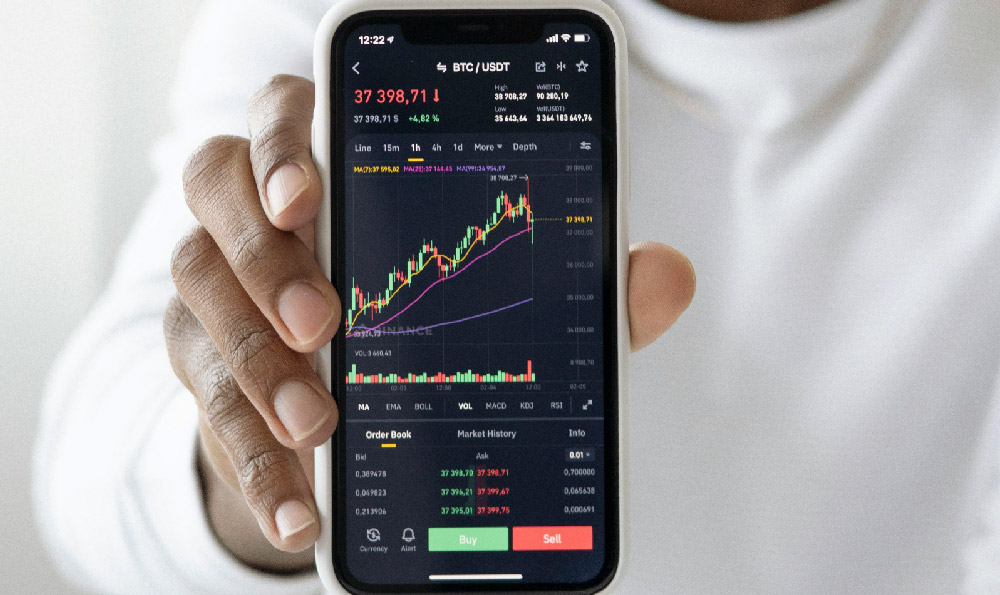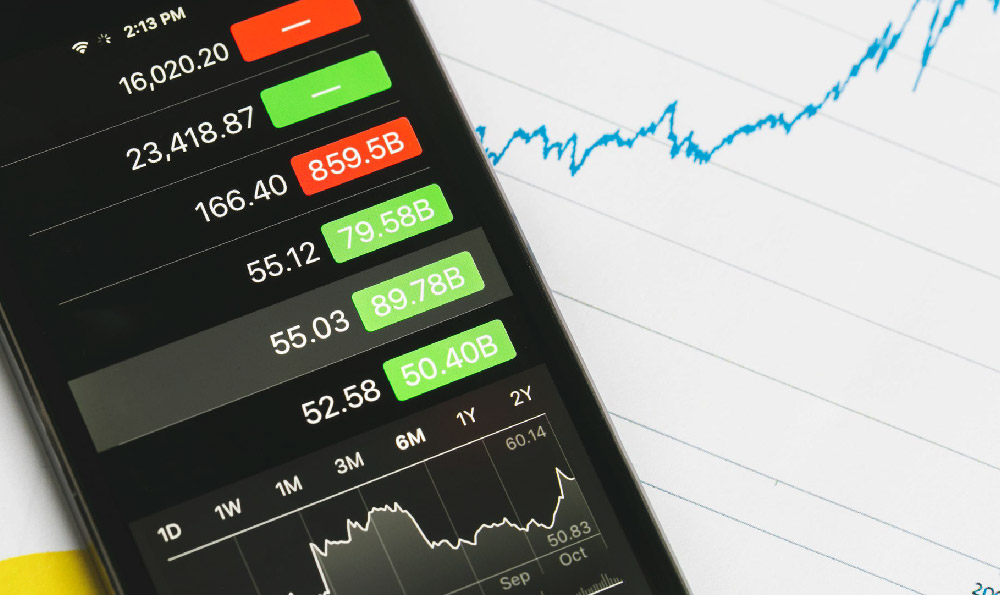Okay, I'm ready. Here's an article that explores ways to monetize a Facebook page, discussing effective and ineffective strategies:
Monetizing a Facebook page, for many, represents the holy grail of social media marketing – transforming online engagement into tangible revenue. While Facebook's algorithm and ad policies can often feel like moving targets, a strategic and informed approach can indeed yield significant financial rewards. However, it's equally critical to understand which strategies are viable and which are likely to result in wasted time, resources, and potentially even a decline in audience engagement.
The foundation of any successful monetization strategy lies in a strong, engaged community. Without a loyal audience that actively interacts with your content, attempts at direct or indirect revenue generation are likely to fall flat. This means consistently delivering valuable, relevant, and engaging content that resonates with your target demographic. Think beyond simply posting links; cultivate a sense of community by asking questions, hosting live Q&A sessions, running polls, and encouraging user-generated content. A page populated only with self-promotional posts will quickly lose its appeal.

One of the most direct and widely used methods of monetizing a Facebook page is through Facebook Ads. Facebook's sophisticated targeting capabilities allow you to reach specific demographics, interests, and behaviors, making it a powerful tool for promoting products, services, or even driving traffic to your website. However, simply throwing money at ads without a clear strategy is a recipe for financial disaster. A/B testing different ad creatives, targeting options, and budgets is crucial to optimize your campaigns for maximum ROI. Understanding Facebook's ad policies and ensuring your ads comply with those regulations is equally important to avoid account suspensions or ad disapprovals. Overly aggressive or misleading advertising, even if initially successful, can ultimately damage your brand reputation and erode trust with your audience.
Affiliate marketing presents another potentially lucrative avenue. By partnering with businesses that offer products or services relevant to your audience, you can earn a commission on sales generated through your unique affiliate links. The key to success here is authenticity and transparency. Promote only products or services you genuinely believe in and that align with your page's overall theme and values. Disclose your affiliate relationship clearly to maintain the trust of your audience. Bombarding your followers with endless affiliate links will likely be perceived as spammy and lead to unfollows. Instead, focus on providing valuable content that subtly incorporates your affiliate recommendations. For example, if your page is dedicated to fitness, you could create a review of your favorite protein powder and include an affiliate link to purchase it.
Creating and selling your own products or services offers a more direct route to monetization. This could involve anything from e-books and online courses to physical merchandise related to your page's niche. Selling directly through Facebook Marketplace can be an option, but it often lacks the sophisticated features of dedicated e-commerce platforms. Integrating your Facebook page with a Shopify or WooCommerce store allows you to provide a more seamless shopping experience and track your sales more effectively. Again, quality is paramount. If your products or services are subpar, negative reviews will quickly spread and damage your reputation. Thoroughly test your offerings and provide excellent customer service to ensure customer satisfaction.
Another emerging, but potentially valuable, strategy involves utilizing Facebook Groups in conjunction with your page. While a Facebook page serves as a public broadcast platform, a Facebook Group allows for more intimate and focused community building. You can create a private, paid membership group where you offer exclusive content, personalized advice, or behind-the-scenes access. This model requires a substantial commitment to providing ongoing value to members, but it can create a recurring revenue stream and foster a deep sense of loyalty within your audience.
Now, let's turn to strategies that are generally ineffective or even detrimental to your Facebook page's success. Buying likes or followers is a classic mistake that offers little to no actual value. These fake accounts don't engage with your content, and Facebook's algorithm is becoming increasingly adept at identifying and penalizing pages that use these tactics. Not only does it provide a false sense of accomplishment, but it can also damage your credibility with genuine followers.
Another pitfall is using your Facebook page solely for blatant self-promotion. Constantly pushing your products or services without providing any valuable content will quickly alienate your audience. Focus on building relationships and providing helpful information first, and the sales will naturally follow. Remember, social media is about being social, not just about selling.
Furthermore, ignoring comments and messages from your followers can be a significant missed opportunity. Responding to inquiries, addressing concerns, and engaging in conversations shows that you value your audience and are invested in building a community. A lack of engagement can create a perception of indifference and lead to unfollows.
Finally, relying solely on one monetization strategy is risky. Diversifying your revenue streams, by combining advertising, affiliate marketing, and direct sales, can help cushion the blow if one strategy becomes less effective. Continuously experimenting with different approaches and adapting to changes in Facebook's algorithm is crucial for long-term success.
In conclusion, monetizing a Facebook page requires a strategic, patient, and adaptable approach. Building a strong, engaged community, providing valuable content, and utilizing a mix of monetization strategies are essential for long-term success. Avoid shortcuts like buying likes or solely focusing on self-promotion, as these tactics are likely to backfire. By prioritizing authenticity, transparency, and genuine engagement, you can transform your Facebook page from a social media presence into a valuable revenue-generating asset.












